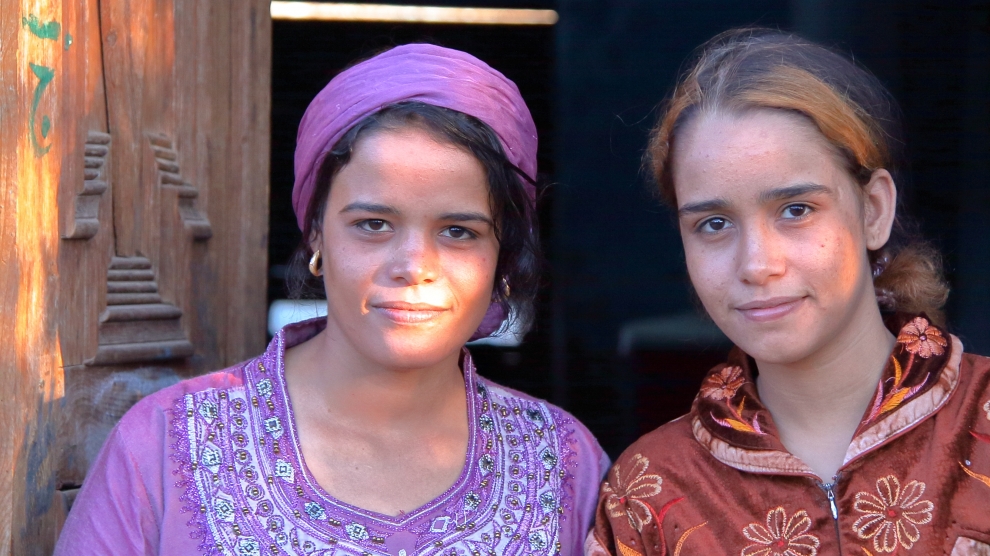With its 90 million people, Egypt has a dynamic private sector that is a resilient and is innovative force within the economy providing 74 per cent of the nation’s jobs.
From the start, the EBRD’s focus in Egypt has been on tailored programmes that foster the development of the private sector. These include investment in infrastructure and services as well as measures to strengthen competitiveness, which is vital for addressing unemployment.
One of the region’s biggest challenges is how to deal with unemployment, especially of women, young people, and the educated.
One priority for the EBRD is small- and medium-sized enterprises. SMEs make up more than 90 per cent of Egypt’s active enterprises, yet they are held back. This obstruction comes primarily from limited access to finance, a cumbersome legal and regulatory environment and a lack of market information.
The EBRD’s first project in Egypt addressed the financial problem with an SME’s credit line to the National Bank of Egypt, NBE. In four years the EBRD has committed a total of $430 million to increasing the availability of finance to small enterprises and to enabling the banks to expand their SME lending activities within the country.
As well as financing, the Bank (with the support of the European Union) provides business advice to help micro, small and medium-sized enterprises, MSMEs, become catalysts for growth in the local and regional economies. To date, more than 500 Egyptian enterprises have received business advisory services that were delivered by local consultants and international experts.
Women entrepreneurs are a source of great untapped potential in Egypt. In 2013, the EBRD launched its Women in Business Programme in Egypt with a $20 million pilot facility through NBE. The programme addresses the challenges that female entrepreneurs face in obtaining finance. This comprehensive programme is designed to promote women’s entrepreneurship by helping women-led SMEs access know-how through advisory services for their businesses, as well as training, mentoring and networking opportunities. 140 women-led companies have been supported to date.
In 2014, EBRD signed a pilot energy efficiency programme with NBE, which provided credit lines for private-sector investments in energy efficiency and renewable energy projects. This was a way of broadening our support for the private sector while at the same time contributing to Egypt’s energy security. Projects that are financed under the framework contribute to Egypt’s energy security by improving efficiency in the corporate sector and promoting the use of renewable energy.
Building on the success of the pilot programme, a new €140 million Green Economy Financing Facility was launched in March 2017, in Egypt. It is now providing loans for energy efficiency and small-scale renewable energy investments by private companies, through a group of participating banks, and also has the aim of achieving energy security.
_______________
The views expressed in this opinion editorial are the author’s own and do not necessarily reflect Emerging Europe’s editorial policy.

